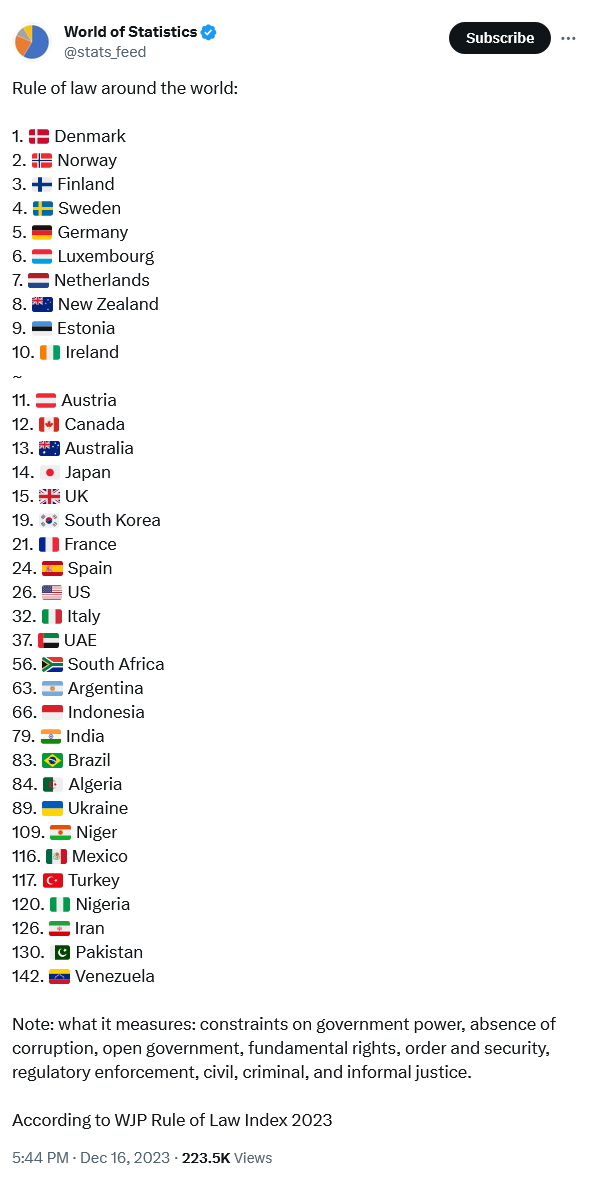 |
A philosophical journey through cognition and reality. |
In an ever-expanding universe where the intricacies of time, space, and cognition intertwine, the question of our existence continues to evolve in the minds of those who seek knowledge beyond the empirical. This pursuit of deeper understanding, often colored by the philosophies of the ancients, leads us into a realm where science, philosophy, and metaphysics merge to create a tapestry of meaning that resonates with the profound. The conscious mind, aware of its own limitations, seeks answers to questions that remain elusive.
In our quest to comprehend the nature of reality, we often encounter paradoxes, riddles that defy the simplistic logic by which we are accustomed to living. For centuries, scholars, thinkers, and philosophers have pondered the nature of existence, the meaning of life, and the vastness of the cosmos. From Socrates’ questioning of the self to Einstein’s reflections on relativity, each epoch has added another layer to the multidimensional understanding of what it means to be sentient, conscious, and present in the universe.
The relationship between the mind and the universe, though intangible, beckons us toward a grand theory of everything. A deeper understanding is achieved not just through empirical observation but through contemplation, meditation, and the quiet moments of reflection where the universe unfolds its secrets in whispers rather than shouts.
Human cognition, though extraordinary in its scope, is fundamentally limited by the frameworks in which it operates. Yet, there are moments when these frameworks crack, and the light of a greater understanding floods in, revealing a more intricate design than previously thought possible. These moments of illumination are rare but profound, as they reveal the interconnectedness of all things. It is in these moments that we begin to see the mind as not merely a receiver of information but as an active participant in the universe’s unfolding.
The question of whether the universe itself is a product of consciousness, or consciousness merely an accident of the universe, remains one of the great philosophical debates of our time. Theories like the Cognitive-Theoretic Model of the Universe (CTMU) propose that the mind and reality are not separate entities but deeply interwoven, each giving rise to the other in an eternal dance of creation and perception.
In this model, cognition is not merely a passive observer of reality but an integral part of the fabric of the universe itself. Reality, in this sense, is shaped not only by external forces but by the very act of perception. The observer and the observed are linked, and in this connection lies the potential for a new understanding of the universe, one that transcends traditional dichotomies between mind and matter.
Our understanding of the universe is further complicated by the concept of time. Time, as we experience it, is linear, moving from past to future in a steady progression. But the deeper we delve into the nature of reality, the more we see that time is not a fixed constant but a fluid construct, influenced by perception and the relative position of the observer. This idea is not new – it has its roots in the philosophy of Heraclitus, who believed that all things are in a constant state of flux. Yet modern physics, with its concepts of spacetime and relativity, provides a scientific framework for understanding this ancient philosophical insight.
The implications of this understanding are profound. If time is not a fixed constant but a variable influenced by perception, then the very fabric of reality itself becomes malleable. What we perceive as real is not an objective truth but a subjective experience, shaped by our cognitive limitations and the biases inherent in our perceptual apparatus. This is a concept that has been explored in depth by thinkers such as Immanuel Kant, who argued that reality as we experience it is shaped by the categories of the mind.
In light of these ideas, we must reconsider our understanding of the self. The self, as we perceive it, is not a fixed entity but a fluid construct, shaped by the interplay of perception and reality. This fluidity of self is mirrored in the universe, which is not a fixed entity but a dynamic, ever-changing system. Just as the self is constantly evolving, so too is the universe, and our understanding of both must evolve accordingly.
In this philosophical landscape, the concept of truth becomes increasingly elusive. Truth, in its traditional sense, is often understood as a fixed, objective reality. Yet the more we explore the nature of cognition and the universe, the more we see that truth is not an absolute but a relative construct, shaped by the limitations of our perception and the biases inherent in our cognitive frameworks.
This realization has profound implications for our understanding of knowledge. Knowledge, like truth, is not an objective reality but a subjective construct, shaped by the interplay of perception and reality. What we perceive as knowledge is not a reflection of an objective truth but a reflection of our cognitive limitations and the biases inherent in our perceptual apparatus.
In this light, the pursuit of knowledge becomes not a quest for objective truth but a journey toward greater understanding, a deeper awareness of the limitations of our cognition and the biases inherent in our perception. This journey is not one that leads to a fixed destination but an ongoing process of discovery and reflection, a continual reevaluation of what we perceive as real and true.
In the end, it is this journey that defines us as human beings. The pursuit of knowledge, the quest for truth, the desire to understand the universe and our place within it – these are the things that make us who we are. And it is in this pursuit that we find meaning, not in the answers we seek but in the questions we ask, the process of discovery itself, and the ever-expanding horizon of understanding that lies before us.
Author Details:
Syed Salman Mehdi
LinkedIn












